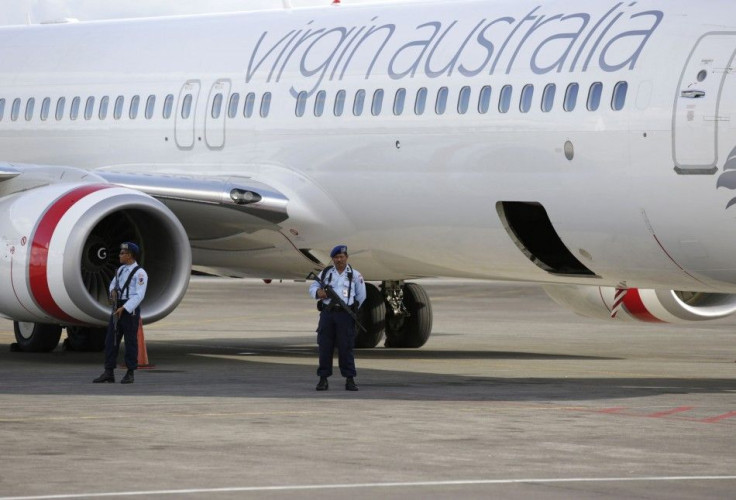Tigerair Australia recognised as ‘Australian international airline’; Gets official nod to fly to Bali amid Qantas’ objections

Virgin's subsidiary Tigerair will soon fly to Bali. This follows the recognition of a government body that Tigerair Australia is an “Australian international airline.” The official nod came despite concerns raised by rival airline Qantas.
The ruling from International Air Services Commission gave the much needed tag of “Australian international airline” to Tigerair and made it comfortable to apply for an international airline licence to add other international destinations such as New Zealand and Fiji.
The approval from IASC came, while it considered Virgin's application to transfer some of its Bali capacity to Tigerair. In the matter, IASC was advised by the Department of Infrastructure and Regional Development that said the budget carrier was in compliance with the norms of ownership and control specified under the Air Navigation Act, reported The Age.
More Bali flights
Tigerair now plans to launch Bali flights from Melbourne, Adelaide and Perth from March. Tigerair will use Virgin international's Boeing 737 aircraft and the pilots of the parent company on the Bali route, though the flight attendants may come from the budget carrier. In its ruling, IASC reasoned that there is a public benefit in allowing Tigerair flights to Indonesia, which had an average outbound traffic of 1.1 million passengers until July.
Other carriers in the route include Jetstar, Garuda Indonesia, Virgin, AirAsia Indonesia and Indonesia AirAsia X. Qantas is planning seasonal flights to Bali from Sydney in December and January.
The key requirement to be designated as an "Australian international airline" is that the ownership of a carrier should be majority-Australian owned. In the case of Virigin, more than 80 percent of its shares are held by overseas investors, which include Air New Zealand, Etihad Airways, Singapore Airlines and Sir Richard Branson's Virgin Group. However, in 2012, a split in Virgin’s international arm led to the creation of its own board to meet the ownership requirements under the Air Navigation Act.
Qantas’ concerns
In mid September, Qantas filed a submission before the IASC, objecting to the claims made by Virgin’s subsidiary that it wants to be considered an Australian carrier. Qantas argued that Virgin needs to prove that its subsidiary is an Australian carrier and called for a thorough assessment of the application. A Virgin spokeswoman also reiterated that Tigerair's international arm is very much the subsidiary of Virgin's international arm.
Meanwhile, Virgin Australia’s CEO John Borghetti expressed the optimism that the carrier will post a profit in 2016. It had posted AU$94 million loss in 2014-15 after a AU$262 million improvement on the previous year. In the annual report, Borghetti reiterated his prediction that Virgin Australia would return to profit in 2016 along with its low cost partner Tigerair, News.com.au reported.
“Over the next two years, the Virgin Australia group will continue to focus on the Virgin Vision 2017 priorities of capitalising on growth opportunities, driving yield enhancement, implementing a new cost program, optimising the balance sheet, setting a new standard in customer experience and developing our people to their full potential,” Borghetti said.
For feedback/comments, contact the writer at feedback@ibtimes.com.au or let us know what you think below.





















